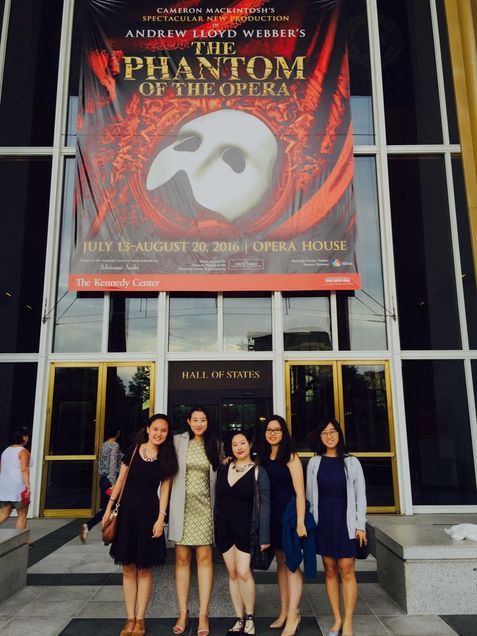Please, don’t call me Alex
by Weihua Li (Summer 2016)
It was around sophomore year when I adapt the name “Alex.” It was not my given name, obviously, but whenever I order something at Starbucks,
the baby-faced baristas always looked at me confusedly.
“How do you spell your name again?” Sometime they will ask, but most of the time they will write down something random on my cup, something that is nowhere near my name, “Weihua.”
Slowly, I started to use the name “Alex.” It seem like such a common name that people will have no problem spelling or pouncing. Satisfied by the simplistic of the name, I first use it at Starbucks, then in class, then on my resume, then at Daily Free Press, the student newspaper at Boston University.
“Alex Li contributed to the reporting of this article,” sometimes the paper will print in italic.
So when I first came to D.C. this summer, I used the name “Alex” during a couple interviews when I was trying to land an internship. The name achieved the exact same goal that I had in mind: no more teaching strangers how to pounce it, no more explaining that “Weihua” means protect China, no more awkwardness when I tell them that my grandfather, who fought against American troops in the Korean War, named me.
It’s just Alex, nice and simple, just like some of my fellow Chinese friends who adopted names such as Lucy, Vincent or Emily.
Until during one interview, the lady across the table refused to call me Alex.
“I will always call you by your real name, no matter how many times I need you to teach me,” she said. “That is just who you are. And remember this, no matter how busy or important someone is, they should always spend the time to learn your name.”

Eastern Market
Her comment surprised me. I thought she, someone also with an international background, would understand the pressure and necessity to fit into the mainstream culture. She should understand that international students already need to work twice as hard to overcome the language and culture barrier, so I cannot afford losing an opportunity because someone important cannot remember how to pounce my name.
At least that was how I thought. Never the less, I was curious – could what she said be true? Can people really take the time to learn my name if I don’t give the earlier option of calling me Alex?
I decided to give a try. After all, I am only in D.C. for a summer, if it doesn’t work, then I can always return to main campus as Alex Li.
So it goes. First day at my internship, I introduced myself as “Weihua Li,” which was a smart move because there are already two “Alex”es in the station.
Then I used “Weihua” at networking and other event I attended at D.C., and the name became a great conversation starter. Turns out people are actually interested in what my semi-exotic name means, and turns out they do have the time and energy to learn my name.

Weihua Li (COM ’17) and fellow classmates see a performance of The Phantom of the Opera at The Kennedy Center
I came to D.C. as Alex, and left as Weihua. On a broader level, I came to reconcile with the fact that I do not belong to the so-called American mainstream culture (which is okay because I am Chinese anyway). And instead of trying to fit in, I can make people around me to embrace the fact that I, as an international student, is different.
So when fall semester starts in Boston, the first thing I will tell my friends and professors is – “Please, don’t call me Alex.”
Weihua is an intern at the Diane Rehm Show and a senior studying Journalism and Political Sciences.

